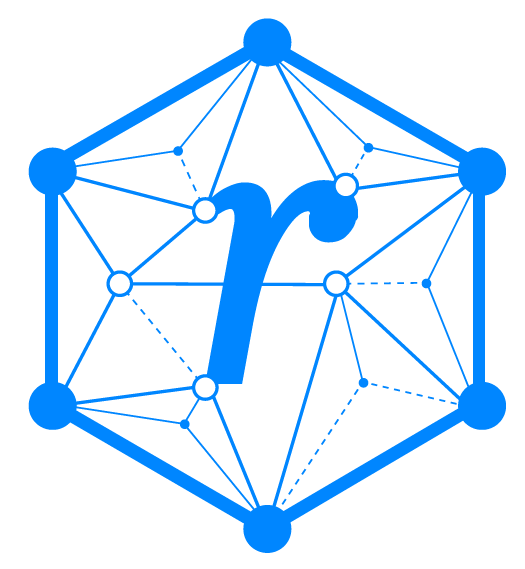Our Mission
Rebooting the Web of Trust’s mission is to empower individuals to co-create decentralized systems for lasting mutual benefit.
Our Purpose
RWOT reboots the classic model of a decentralized web of trust through organized collaborative gatherings. These include both virtual salons and in-person design workshops, all focused on the creation of the next generation of decentralized web-of-trust based identity systems. These events are about germinating new ideas and producing finalized content that presents those ideas to the larger community.
- Virtual salons crowdsource inspiration and deliver statements.
- Design workshops produce at least five white papers (or applications or other outputs) on topics decided by the group to have the greatest impact on the future.
RWOT has published foundational work on Blockcerts, DIDs, the BTCR DID Method, decentralized identity, and Verifiable Credentials.
Other topics of interest have included: credential wallets, decentralized data, decentralized identity, DID resolution, key recovery, local names, models for identity, object capabilities, offline credentials, online cooperation, peer-to-peer distributed networks, Public Key Infrastructure (PKI), progressive trust, quantum security, reputation, selective disclosure, smart signatures, and trust metrics.
Our Objectives
Rebooting the Web of Trust is meant to:
- Create Community by serving as a common meeting ground between various related technology communities.
- Document Best Practices by creating a shared understanding of the opportunities and pitfalls of decentralized identity.
- Produce Content through the creation of white papers and other content to support the development of empowering decentralized systems.
- Evangelize by establishing our output as foundational and influential to the future of decentralized identity.
Through these objectives, we hope to support the following outcomes:
- Gather the top contributors in web of trust and similar applications.
- Discuss and suggest requirements to drive adoption in the Web-of-Trust model.
- Showcase the scope of potential applications for decentralized trust models.
- Explore developing tools that might be useful to funders and researchers.
- Build the next generation of Web-Of-Trust based identity systems.
